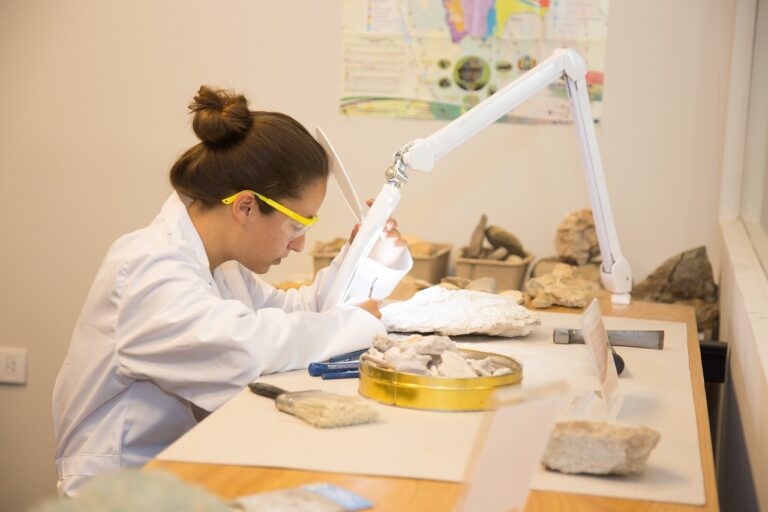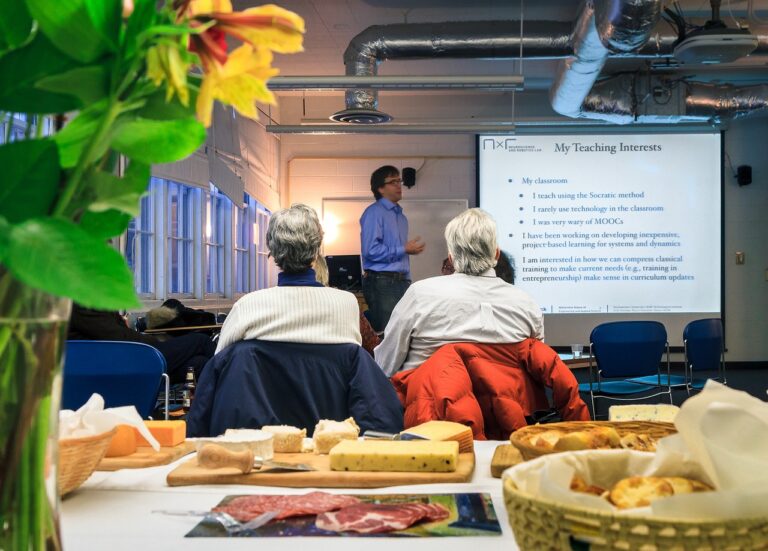Promoting Global Citizenship Through International Volunteering Programs
International volunteering programs play a crucial role in shaping global citizens by providing opportunities for individuals to step out of their comfort zones and engage with different cultures and communities. This hands-on experience allows participants to develop a greater awareness of global issues and challenges, fostering a sense of empathy and responsibility towards making a positive impact in the world.
Moreover, international volunteering programs offer a unique platform for individuals to gain invaluable skills such as cross-cultural communication, adaptability, and problem-solving in diverse settings. These experiences not only broaden one’s perspective on global interconnectedness but also cultivate a deeper sense of respect and understanding for people from different backgrounds, ultimately contributing to the development of well-rounded global citizens.
The Impact of International Volunteering Programs on Local Communities
International volunteering programs play a crucial role in supporting local communities around the world. These programs often provide much-needed assistance in areas such as education, healthcare, infrastructure development, and environmental conservation. By working directly with community members, volunteers can make a tangible impact by helping to improve living conditions and empower local residents.
Moreover, international volunteering programs contribute to the economic growth of local communities by creating employment opportunities and boosting tourism. Volunteers often collaborate with local businesses and organizations, fostering partnerships that can lead to long-term sustainable development. Additionally, the presence of international volunteers can help raise awareness about important social issues and inspire local residents to take action towards positive change.
How International Volunteering Programs Foster Cultural Understanding
Engaging in international volunteering programs provides individuals with unique opportunities to immerse themselves in diverse cultures different from their own. By living and working alongside local communities, volunteers gain firsthand experience in the customs, traditions, and ways of life of the people they are serving. This direct exposure allows volunteers to develop a deeper appreciation and understanding of cultural nuances that they may not have encountered otherwise.
In addition, participating in international volunteering programs encourages volunteers to step out of their comfort zones and embrace unfamiliar situations. By interacting with individuals from various backgrounds, volunteers learn to communicate effectively across language barriers and cultural divides. Through these interactions, volunteers not only gain a broader perspective on global issues but also cultivate empathy and respect for different cultural practices and beliefs.
Why are international volunteering programs important for global citizenship?
International volunteering programs provide individuals with opportunities to engage with different cultures, broaden their perspectives, and develop empathy and understanding towards diverse communities around the world. This fosters a sense of global citizenship and promotes a more interconnected and compassionate world.
How do international volunteering programs impact local communities?
International volunteering programs can have a positive impact on local communities by providing much-needed support and resources, fostering cross-cultural exchange, and promoting sustainable development. Volunteers can contribute their time, skills, and expertise to projects that benefit the community and help address local challenges.
How do international volunteering programs foster cultural understanding?
International volunteering programs promote cultural understanding by bringing individuals from different backgrounds together to work towards a common goal. Through interactions with local community members, volunteers can learn about their customs, traditions, and way of life, leading to greater appreciation and respect for diverse cultures. This exchange of knowledge and experiences helps break down stereotypes and build bridges between people from different parts of the world.





